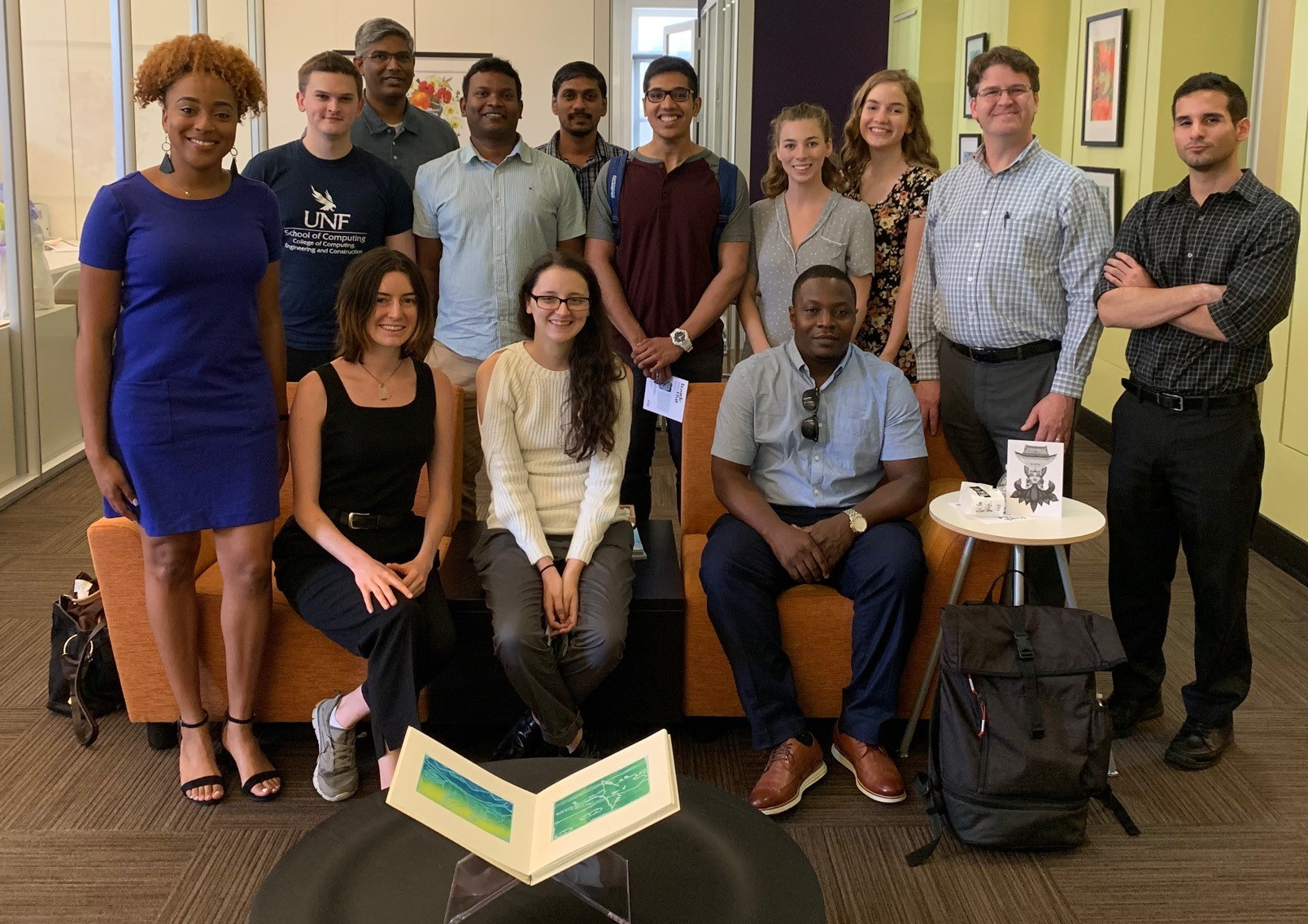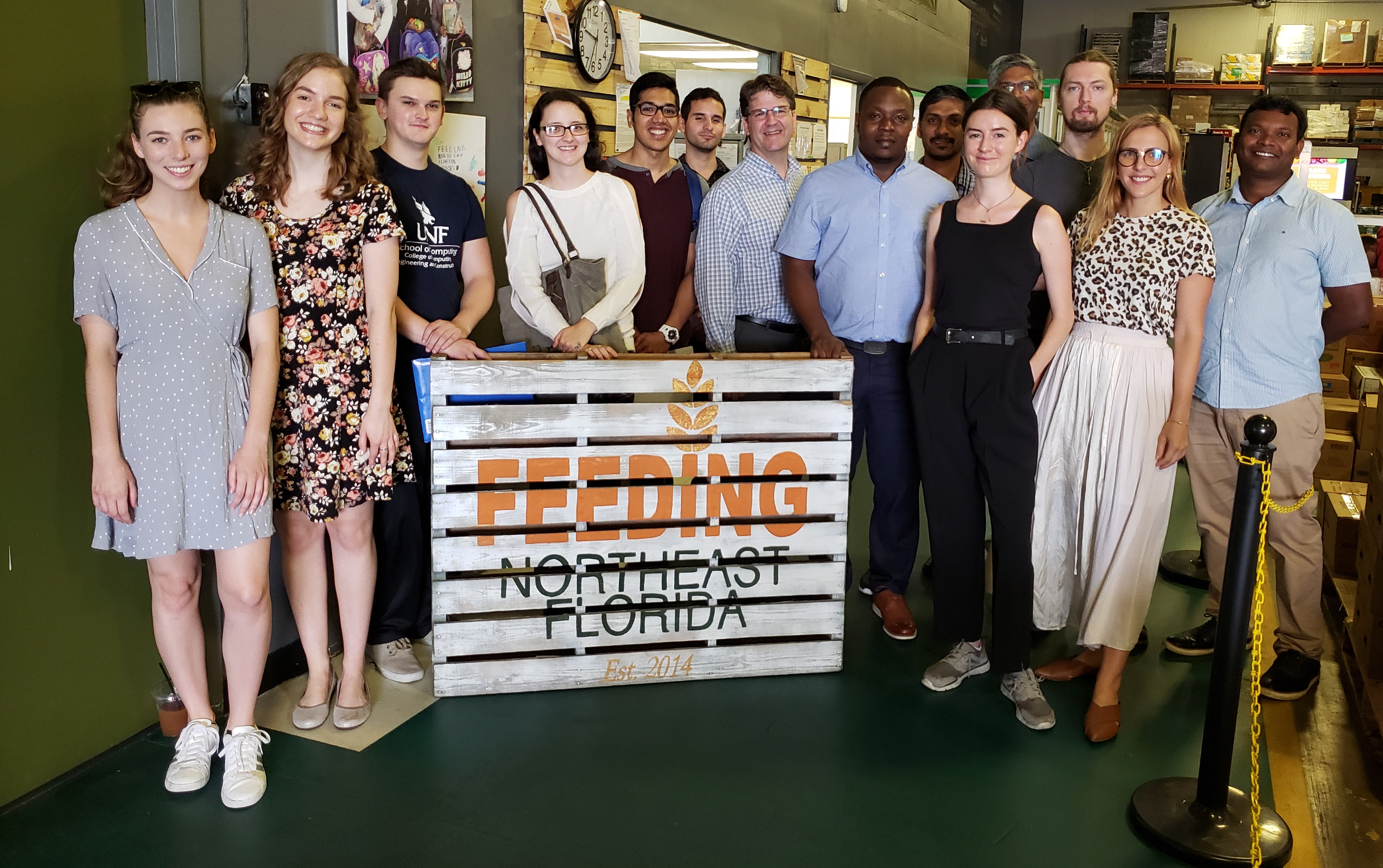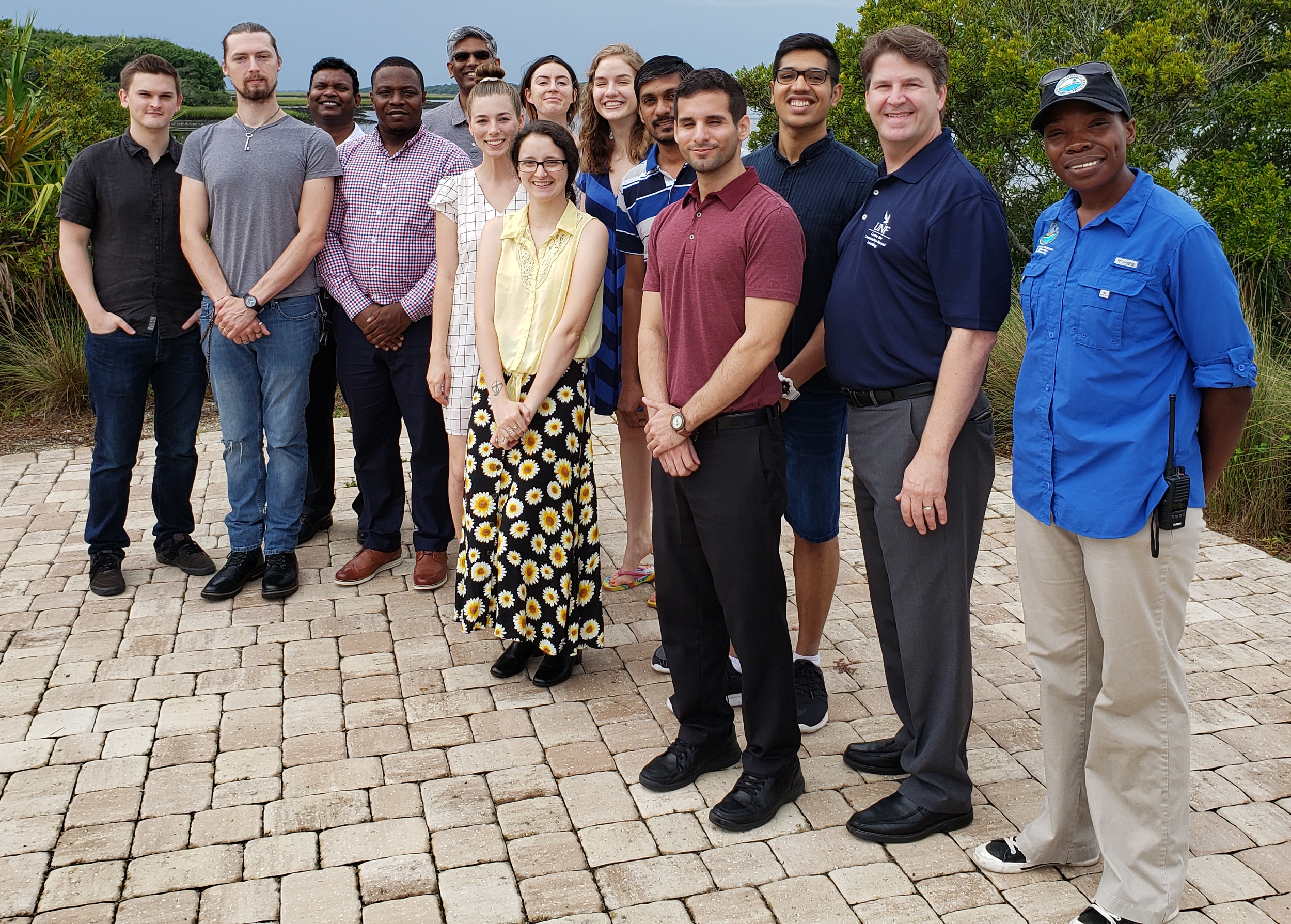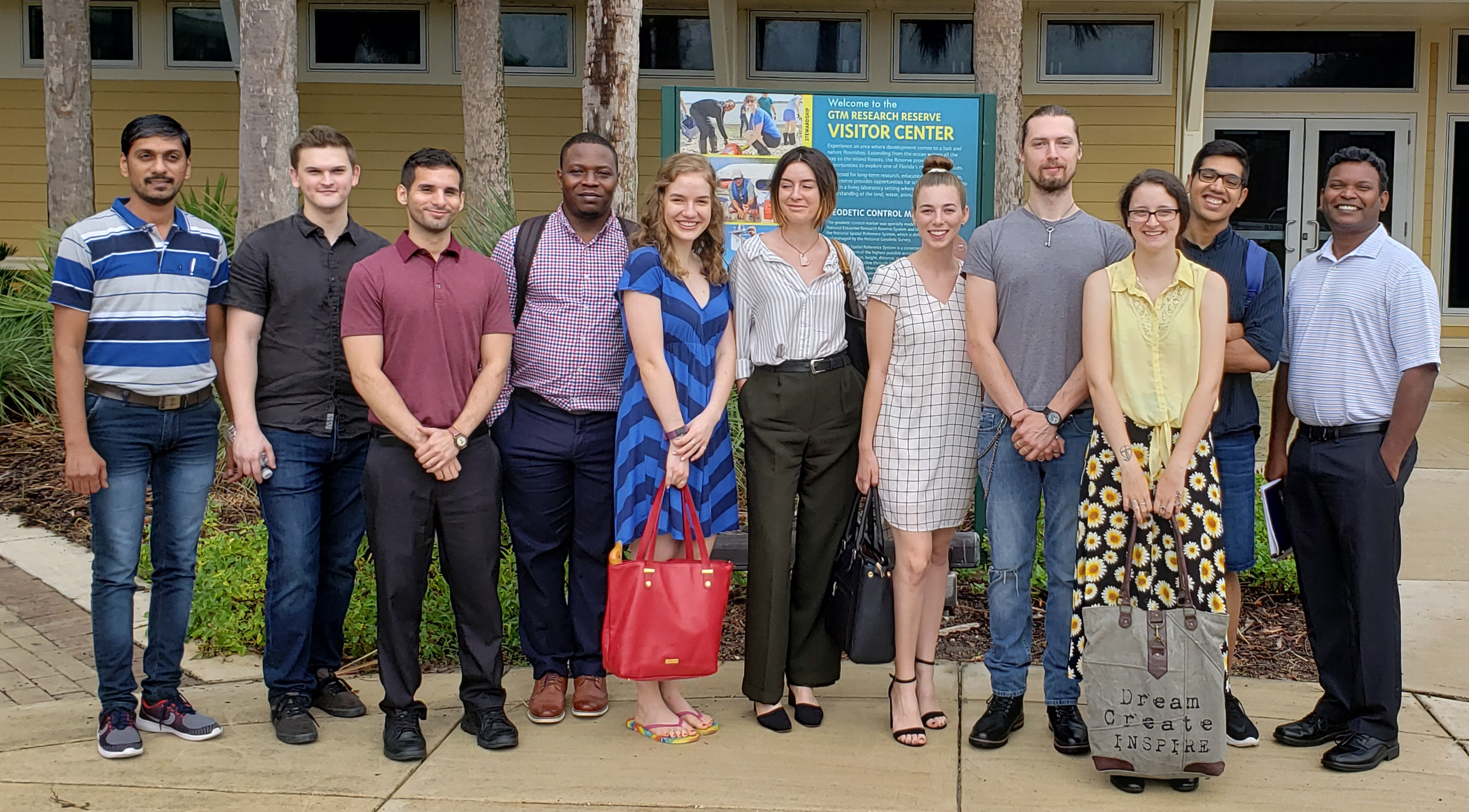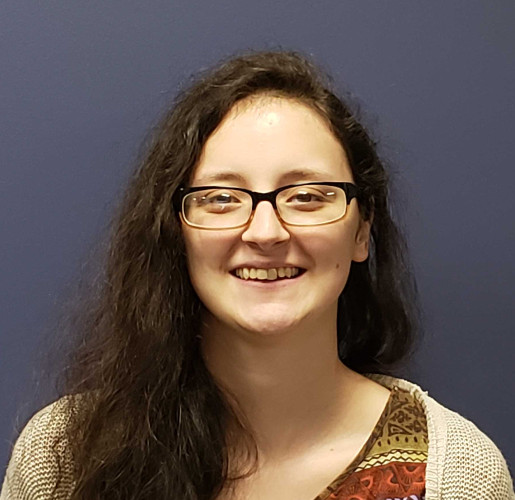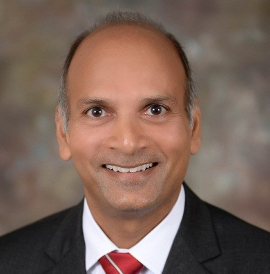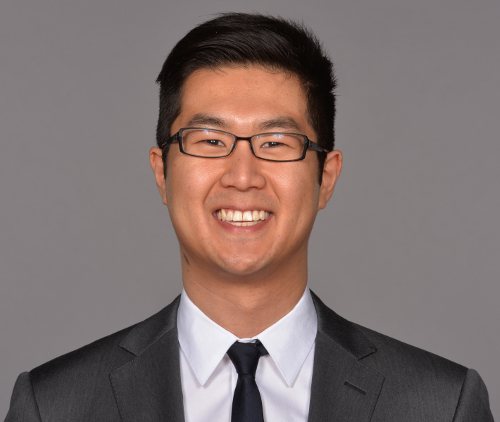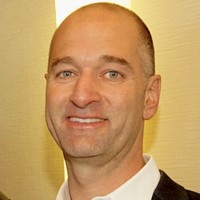2019 FL-DSSG Summer Internship
The Florida Data Science for Social Good (FL-DSSG) program is an intensive 12-week internship that invites students to tackle data-rich projects that have the potential for substantial social impact. The 2019 FL-DSSG program supports eleven interns from various disciplines. The 2019 FL-DSSG summer internship program started on June 3rd and ended on August 23rd, 2019. Interns presented project results at an open to public Big Reveal event on August 20th, 2019. The 2019 FL-DSSG program was supported by the Non-Profit Center of Northeast Florida and the University of North Florida Foundation. Dr. Dan Richard from the Department of Psychology and Dr. Karthikeyan Umapathy from the School of Computing spearhead the FL-DSSG program.
2019 FL-DSSG Big Reveal Event Presentations
FL-DSSG Big Reveal Event was held on August 20th, 2019, from 4:30 PM to 7 PM at the WJCT Studios. At the event, DSSG interns presented findings and revealed insights gained from the Cathedral Arts Project, Children's Services Council, Feeding Northeast Florida, GTM Research Reserve, and Starting Point Behavioral Healthcare projects. Below you can access the PowerPoint file and video recordings of the presentations.
Social Good Projects
FL-DSSG projects addresses wicked problems, issues that have been persistent social issues in our community for many years. FL-DSSG program obtains relevant data from the community partners pertinent to the issue and assists the partner in making data-driven decisions for addressing their wicked social problem. Wicked problems addressed in the 2019 program include demonstrating the benefits of art education programs for k-12 students, determine the impact of health services and interaction effects across multiple programs, optimize the distribution of food bank resources according to community needs, determine the reliability and validity of environmental data collected by middle and high school students, and create a profile of suicide and opioid crisis in Northeast Florida.
Cathedral Arts Project – Analyzing Impacts of the Arts Education Program
The Cathedral Arts Project provides access to visual and performing arts instructions to students in the Northeast Florida region. As a result of tight budgets in school districts, arts education in schools has been slipping away. The loss of arts education affects students from low economic communities the most. Studies have shown that students who are engaged in arts learning have better academic performance, college attendance rates, college graduations, and holding jobs in the future.
The benefits of arts education carry over from the individual student into the community because arts spark creativity and innovation. Over the past 25 years, the Cathedral Arts Project has offered visual and performing arts programs to over 28,000 students, becoming the leading nonprofit organization offering arts programs to students in Duval County. Currently, the Cathedral Arts Project has more than 38 in-school and out-of-school art programs offered at locations such as the Youth Crisis Center, The Carpenter’s Shop Center, Boys and Girls Club, the John E. Goode Pre-Trial Detention Facility, and in Duval County Public Schools, 98% of which offer free or reduced lunch with an average of a 78% minority population.
Although there have been a plethora of benefits associated with arts education nationwide, the Cathedral Arts Project has not had the opportunity to fully evaluate the outcomes arts education has had on the students of Duval County. Therefore, with the help of the Florida Data Science for Social Good program Cathedral Arts Project would like to analyze the student data to answer the following questions: What impact have the arts programs offered through the Cathedral Arts Project had on the students in Duval County? Does the impact of arts education vary based on the arts disciplines offered to students, based on the grade level at which the programs are offered, or the locations at which the programs are offered? Do the arts programs offered through the Cathedral Arts Project decrease the likelihood of students receiving disciplinary infractions, increase attendance rates, improve overall student behavior, or improve grades and test scores of students at Duval County Public Schools? If so, do these outcomes vary based on art discipline, grade level, or location?
Cathedral Arts Project Website
CAP Big Reveal Presentation Video
Children's Services Council of Palm Beach County – Contributions of Service Combinations on Healthy Child Outcomes
Children’s Services Council of Palm Beach County is an independent special district established to plan, fund, and evaluate prevention and early intervention programs and services for all Palm Beach County children and families. The key goals of the council are that children born healthy, be safe from abuse and neglect, be ready for kindergarten, and able to access quality afterschool and summer programming. Through the Healthy Beginnings System of Care, Strong Minds Network, and our Bridges initiatives, investments in prevention and early intervention services for Palm Beach County children and families include: ensuring pregnant women have access to prenatal care, so they give birth to healthy babies; screening pregnant women, new mothers, and infants for health and wellness factors (such as family issues, depression, and health complications) that put them at risk for poor outcomes; providing parents and caregivers with the tools they need to build strong bonds with their children, which encourages optimum child development and prevents child abuse and neglect; screening young children for developmental, emotional and behavioral issues, and addressing those issues when appropriate, so they are ready to succeed when they enter school; offering children high-quality child care and afterschool opportunities, so they are ready to learn when they enter kindergarten and engaged in stimulating activities as they grow; providing teens with programs that increase skill-building and self-esteem – and decrease teen pregnancy and drop-out rates. To track, monitor, and assess program, system and organizational performance and impact, the Children’s Services Council conducts annual, ad hoc and as needed analyses in addition to conducting internal or managing external evaluation efforts.
While program level and some system level analyses have been conducted over the years, Children’s Services Council is at a point has robust and quality integrated data infrastructure to do a deeper level of exploration between complexity and diversity of services and engagement and associations or impact on the four primary goals. Therefore, some of the key questions involved in this wicked social problem include 1. What is “enough” to achieve a targeted outcome? 2. Do some program models, types of services or combination of services yield better outcomes? 3. Does engagement and participation in one system yield better outcomes than engagement in another system? 4. Do certain groups or subgroups benefit greater than others across or within outcomes? Because families and the individuals that comprise them enter and leave our system repeatedly over the years, Children’s Services Council wants to answer these questions both at the individual and family level. Being able to answer or understand the data in relation to these questions has the potential to inform the work the council has committed to doing in ways that have not previously been done.
Children's Services Council Website
CSC-PBC Big Reveal Presentation Video
Feeding Northeast Florida – Finding Data-Driven Insights in the Fight Against Hunger
Feeding Northeast Florida (FNEFL)’s mission is to improve the quality of life of Northeast Florida by addressing food insecurity, poverty, and poor health through providing nutritious foods and other essential goods to those in need in collaboration with community partners. Alongside our network of food distribution and agency partners, FNEFL provides food and hope to thousands in the community who struggle to feed themselves and their families. Feeding Northeast Florida is the regional community food bank that helps feed children & families, seniors, and veterans struggle to put food on the table. Feeding Northeast Florida is the community’s largest hunger-relief network which connects local grocery stores and farms with community partners who have feeding programs.
FNEFL is fighting one of the most pervasive and wicked of all social problems: hunger. Food insecurity affects people of all backgrounds and can have a devastating effect on the community. From increased rates of illness to higher school drop-out rates, from infant mortality to greater risk of mental disorders and violence, hunger is at the root of many societal problems and is the cause of instability in many homes, neighborhoods, and communities. As the region’s leader in the fight against food insecurity and the center of the hunger-relief network in Northeast Florida, FNEFL is constantly seeking a better understanding of this complex problem and developing new strategies to combat it. One factor that has a significant adverse effect on the fight against food insecurity is “food deserts.” The USDA defines food deserts as communities without adequate grocery stores, feeding agencies, or other food sources within one square mile for urban areas and 10 square miles for rural communities.
According to the USDA’s food desert map, there are at least 55 food deserts in the northeast Florida region. FNEFL would like to know which of these food deserts are in the most critical situations so that programming can be targeted to those neighborhoods and serve the populations most at-risk for hunger. However, with a staff of just 30 individuals and a service area spanning nearly 5,400 miles, FNEFL cannot visit and monitor every community. FNEFL needs reliable, accurate data sets which can help determine where our valuable food and other resources should be directed to help the greatest number of at-risk individuals and families, while also ensuring no neighborhoods in need are overlooked. Some of the questions FNEFL need help with include: Based upon weighted criteria, which food deserts have the lowest quality of life? Which communities located in food deserts can be most improved by an infusion of food and other services? Which communities located in food deserts are most within the ALICE threshold/ in chronic poverty? In which food deserts do we have the fewest agency partners? Which communities located in food deserts have the highest crime rates?
Feeding NEFL Website
Feeding NEFL Big Reveal Presentation Video
GTM Research Reserve – Assessing the Precision and Accuracy of Data Collected by Students
The Guana Tolomato Matanzas National Estuarine Research Reserve (GTM Research Reserve) is a collaboration between Florida’s Department of Environmental Protection and the National Oceanic and Atmospheric Administration. The Reserve covers 74,000 acres of coastal lands in northeast Florida from Ponte Vedra Beach to Palm Coast. The GTM Research Reserve is one of 29 National Estuarine Research Reserves around the country that focuses on research, education, and stewardship.
The GTM Research Reserve Education Program’s goals are to communicate ongoing, important research to the public, including K-12 students. In particular, middle and high school programs seek to mirror current research departments projects by providing participating students with similar experiments to conduct and data to collect. Four middle and high schools have incorporated gathering data and participation in a conservation centered program. GTM Research Reserve demonstrates to students how important research and science is by having them replicate what actual researchers do.
GTM Research Reserve wants to provide access to student data gathered to researchers to be used as supplemental data that can be baseline in their experiments. Thus, GTM Research Reserve’s social problem is twofold: first, is getting students to care about the environment and the research that is required for conservation efforts by interpreting and replicating actual research projects, and second is ensuring data collected by participating students is accurate and reliable for researchers to assist them in conservation projects.
GTM Research Reserve Website
GTM Big Reveal Presentation Video
Starting Point Behavioral Healthcare – Understanding the Patterns of Recidivism in Mental Health
Starting Point Behavioral Healthcare (SPBH) provides psychiatric, mental health, and substance abuse services to children, teens, and adults in Northeast Florida and Southeast Georgia. SPBH operates an Outpatient Community Behavioral Health Treatment Center that works with Nassau County residents diagnosed with these issues to decrease the number of suicides and drug overdoses. SPBH is the only Safety Net Provider of mental health and addiction services for Nassau County and thus serves all populations, regardless of their financial status. SPBH’s Outpatient Substance Abuse Program includes individual counseling that assists with the identification of triggers, develops relapse prevention strategies, helps develop coping skills, provides random urinalysis to detect substance use, and encourages support group involvement. Individuals served also participate in substance abuse treatment groups that focus on a variety of themes, including co-occurring disorders, women’s trauma, and stages of change.
Drug overdoses and opioid overdoses have been on the rise for the past few years. The Florida Governor Rick Scott issued a State of Emergency May 3, 2017, by executive order 17-178 stating the Opioid Epidemic is a severe threat to the State of Florida. In Nassau County, the suicide rate is above the national average, and the number of Baker Acts (committing a person to a mental health facility without their consent) has increased dramatically over the last few years. Healthcare system to address mental health issues is poorly coordinated and fragmented, often resulting in lack of follow-up care, higher healthcare costs, inadequate services, reduced satisfaction for both clients and the care providers, and lower life expectancies. In collaboration with hospitals and mental health facilities in Nassau County, SPBH created the Care Coordination program to identify individuals with serious mental health or substance use issues and provide them a coordinated program of care that addresses their physical and mental health needs.
SPBH’s overall admission rates have increased by 26% over the last year. With increased admissions comes increased need for services and SPBH is struggling to keep up. SPBH has many Tracker datasets to gather individual referral data as well as coordinated care received in collaboration with Nassau County hospital and mental health facilities. SPBH wants to use data to show a clear picture of individuals served and why, as well as outcomes versus outputs. The important questions SPBH seeking answers for are: How to involve the community in solving this problem? How is the opioid epidemic impacting Nassau County? Are there any identified trends in relation to suicides and overdoses?
Starting Point Behavioral Healthcare Website
Starting Point BHC Big Reveal Presentation Video
Data Science Interns
Students work as DSSG Interns in a 12-week, paid internship program. Interns from multi-disciplinary backgrounds work as a team to help community partners make data-driven decisions. Interns receive valuable experience with data management, analysis, technology, and community needs. Interns are supervised by DSSG program directors and receive guidance from industry mentors as well as faculty project leads.
Industry Mentors (Sherpas)
FL-DSSG Mentors are called Sherpas, industry leaders who help interns take the right steps and complete the project successfully. Sherpas work along with program directors to mentor interns on industry best practices for solving data science problems, advise program directors on work plans, and provide technical guidance on project tasks.
Dr. Naveen Agarwal has 20 years of leadership experience in Product Development, Quality and Business Analytics across multiple industries. Most recently, he led a team of Analysts in the Commercial Sales operation at Johnson & Johnson Vision Care. Projects completed during this time include a Microstrategy® based mobile app for the North America field sales force to access updated sales data and take timely action to achieve business results. He holds a Ph.D. in Engineering from University of Massachusetts, Amherst and a M.S. from Georgia Tech. In his spare time, he enjoys distance running, swimming, community work and spending time with family.
Relevant expertise:
- Tools: Advanced Statistics, Tableau, Excel, SQL
- Certifications: Machine learning, Data visualization and communication with Tableau, Six Sigma, Certified Quality Engineer, Project Management Professional
- Experience: Dashboard development, statistical analysis and data modeling
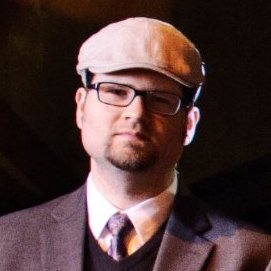
Jay Lewis has held multiple analytics roles over 12 years in banking and organizational psychology. As Digital Insights & Analytics Manager at TIAA Bank, he produces analysis and reporting focused on the online user experience within TIAA Bank's digital department. A Tableau user since 2012, Jay has been a regular contributor in the North Florida Tableau User Group, a guest speaker at Tableau's annual conference, and a 3-time Tableau Viz of the Day winner. He came to visual analytics from a media and journalism education, earning a B.A. in media studies from Washington University, an M.B.A. from Webster University, and an M.A. in media communications from Webster University. He also taught coursework on media research methods as an adjunct at Webster.
Relevant expertise:
- 12 years in business analytics roles, including in organizational psychology and banking.
- Tableau Desktop Certified Professional, Tableau Public contributor.
- Various data analysis and visualization tools including SQL, Alteryx, R, Python, and Gephi.
- M.B.A. and M.A. in Media Communications.
Victor C. Li grew up in sunny Los Angeles among traffic and taco trucks, raised by a computer scientist and a statistician - shocking the world when he became a data scientist. He froze (yet thrived) in Providence for his undergraduate years at Brown University where he earned an Sc.B. in Statistics and was involved with sports analytics, opioid research, orchestral music, poker, and a brief stint in catering. During college, he interned back home with UCLA Men’s Basketball assisting with their data collection and reporting and at Paramount Pictures building machine learning models to predict how films will perform at the box office. After graduating in 2017, Victor moved to Jacksonville to work as an Advanced Analytics Developer for the Jaguars and after two years has almost gotten used to the humidity.
Relevant expertise:
- Education: Brown University, Sc.B. Statistics.
- Software: R, SQL, Tableau.
- Subjects: Statistical Analysis, Predictive Modeling, Machine Learning, Data Visualization and Reporting.
- Domains: Sports Analytics, Sports & Entertainment Business, Public Health.
Robert Morris, Ph.D. is a technical executive with over 15 years of applied and theoretical data science/machine learning experience. While a tenured professor of criminology at the University of Texas at Dallas, he co-founded Predikto Inc. (acquired by United Technologies Corp.), a machine learning (predictive analytics) software company focused on the transportation industry where he served as Chief Science Officer, CTO, and was lead inventor of Predikto's machine learning automation IP. Robert has published over 60 peer-reviewed journal articles across many disciplines in leading journals (e.g., PLoS One, Journal of Quantitative Criminology, Justice Quarterly, Intelligence). His expertise lies not only in the machine learning and data mining approaches utilized by Predikto's software, but in the unique set of skills surrounding feature engineering, data management, and measurement that are critical to successfully deploying and extracting value from learning models. From 2017-2019, he was Senior Director of Global Solutions Enablement for Hitachi’s Global Social Innovation Business. Currently, Robert is Chief Scientific Officer for BlueChip Financial where he oversees ML automation of consumer lending processes.
Relevant expertise:
- Co-founder of Predikto Inc., a machine learning automation company serving the transportation industry (acquired by United Technologies Corp. in 2018). Lead inventor of Predikto’s core IP.
- Formerly tenured professor at the University of Texas at Dallas where he taught advanced analytics courses at the undergraduate, masters, and doctoral levels.
- Lead dozens of production data science/machine learning deployments or proof-of-concepts across many industries including: aviation, rail, maritime, manufacturing, criminal justice, venture capital, consumer lending, among others.
- Expert in many data science related programming languages (e.g., R, Python, Stata, SPSS, HLM, MPlus, etc.)
James earned both a BS Business Administration and MBA from the University of Florida and a MSc in Computer Science from the University of West Florida. James’ professional experience includes software development, statistical analysis, business intelligence, and data science. James has delivered data products in numerous verticals, including: banking, accounting, insurance, healthcare, consulting, and energy. As a data scientist as AgileThought, James is tasked with empowering clients to make better decisions using data. James lives in Atlantic Beach with his wife and daughter.
Relevant expertise:
- Software: Python, Scikit-learn, Tensorflow, Keras, Excel, and Tableau.
- Subjects: Machine Learning, Deep Learning, Data Engineering, Data Visualization, Statistical Analysis, Computer Vision, and Natural Language Processing.
Laurel Wainwright
Environmental Services at JEA
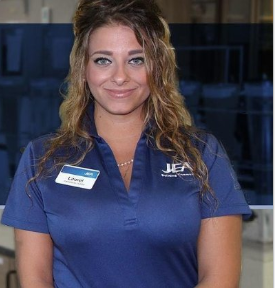
Laurel Wainwright is an innovative solutions specialist and change management analyst with a data focus on environmental services, disease control efforts, and public policy recommendations. She uses management science techniques to provide solutions to complex business problems and has experience working in multiple industries. Her expertise is childhood literacy data examination through grant funded work and promotion of environmental stewardship. Laurel is currently finishing her master’s degree in Public Policy at Jacksonville University.
Faculty Project Leads
Faculty leads work along with FL-DSSG program directors to assist interns with solving problems related to data science and social good projects. Faculty leads provide subject-matter expertise on project tasks and on engagement with community partners.
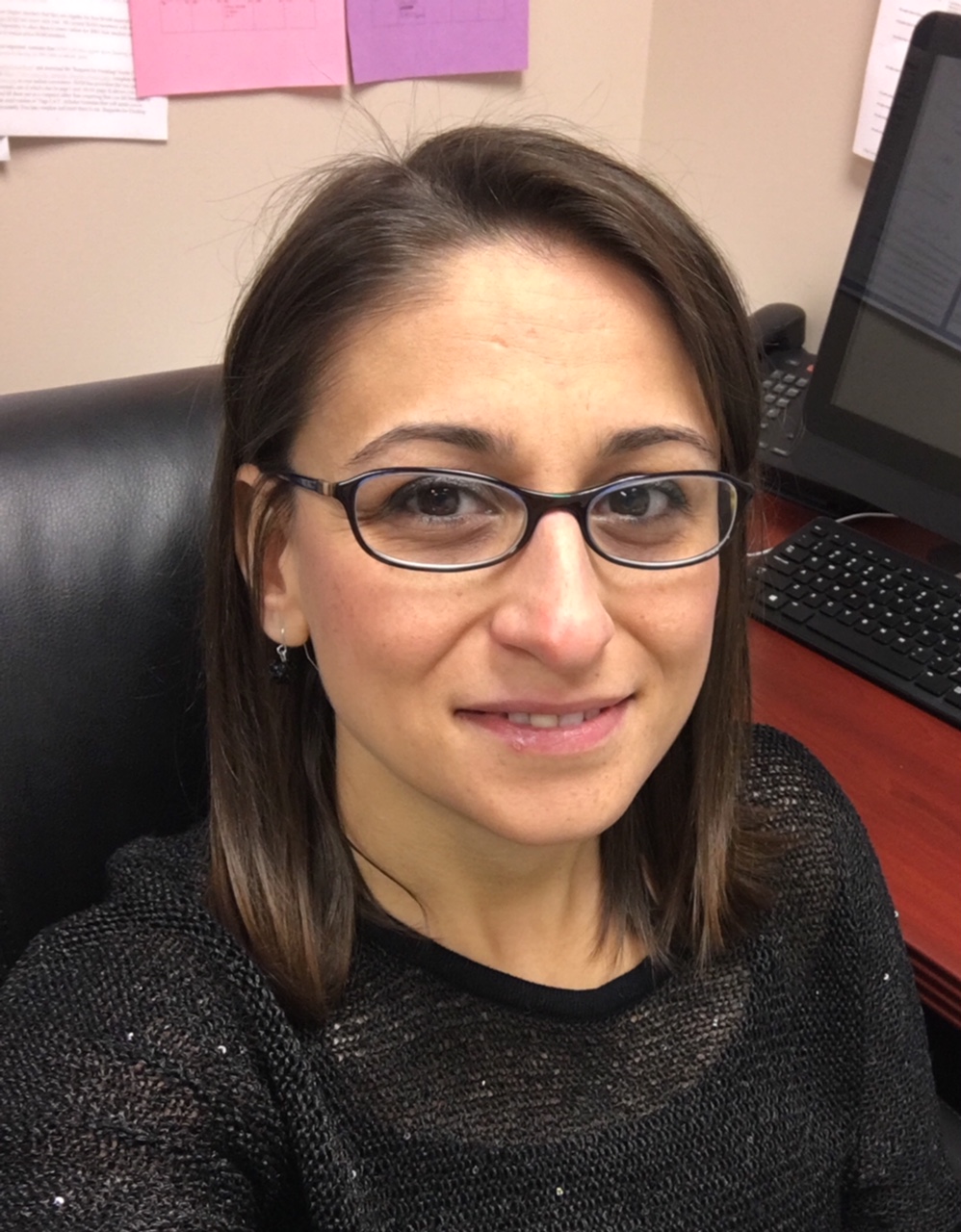
Dr. Beyza Aslan
Associate Professor
Department of Mathematics & Statistics
College of Arts and Sciences
University of North Florida
Beyza Aslan is an Associate Professor of Mathematics and the Director of the Math Center at the University of North Florida. She received her Ph. D in Applied Mathematics from University of Florida. Dr. Aslan’s research focuses on lightning modeling, lightning data analysis, and data analysis and pattern recognition for mitochondrial disorders to improve the diagnostic process.
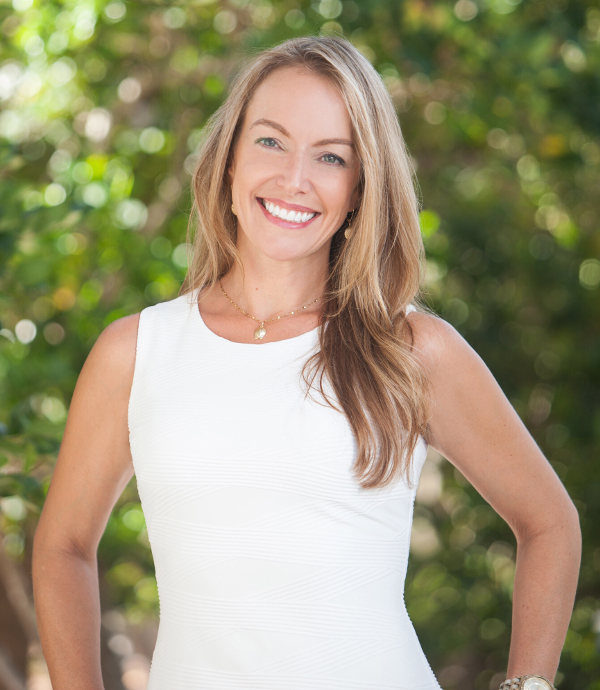
Dr. Georgette Dumont
Associate Professor
Department of Political Science & Public Administration
College of Arts and Sciences
University of North Florida
Dr. Georgette Dumont is an Associate Professor in UNF’s Department of Political Science and Public Administration. Some of the journals Dr. Dumont has published in Nonprofit and Voluntary Sector Quarterly, Journal of Nonprofit Education and Leadership, and the American Review of Public Administration. She has also published various book chapters, and currently has a contract with Oxford University Press for a book on nonprofit accountability. She continues to present nationally on her research. Dr. Dumont is active in her community and analyzes how local nonprofits are utilizing new technologies, which has resulted in reports to inform nonprofits in Northeast Florida about how the local sector is using online technologies, specifically social media. Dr. Dumont consults with nonprofits on strategy, technology, leadership, and strategic planning. She served on local nonprofit boards of directors, Jacksonville’s Public Service Grants Council, and is a Community Coach for the Nonprofit Center of Northeast Florida.
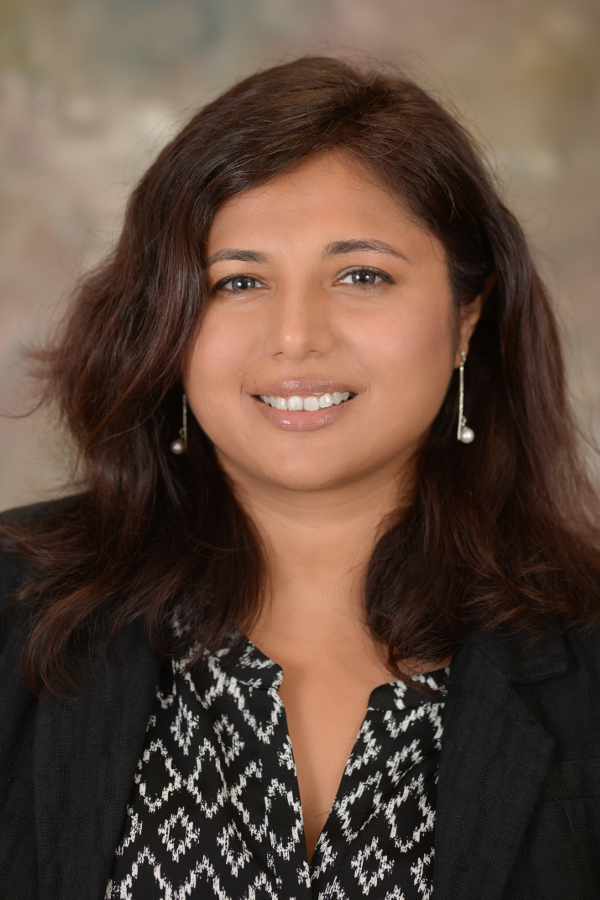
Dr. Lakshmi Goel
Professor and Chair
Coggin Endowed Strategic Professor
Department of Management
Coggin College of Business
University of North Florida
Lakshmi Goel is currently working as a Professor of Information Systems and holds the Coggin Endowed Strategic Professorship at the Coggin College of Business, University of North Florida (UNF). Lakshmi received her PhD in Decision and Information Sciences from the University of Houston. Her research interests lie at the intersection of strategic use of technologies by small and medium enterprises in areas such as social media, business analytics, and innovation networks. Her work within the Jacksonville community has earned her recognition as a Community Scholar, and a High Impact Researcher by UNF, and an Innovator in Education by the Jacksonville Business Journal. Her research works are published in various national and interactional conferences such as International Conference on Information Systems, Americas Conference on Information Systems, Academy of Management, and European Conference on Information Systems; and in top-ranked journals such as Management Information Systems Quarterly, Journal of the Association of Information Systems, Decision Support Systems, Information and Management, Information and Organization, and Information Systems Journal.
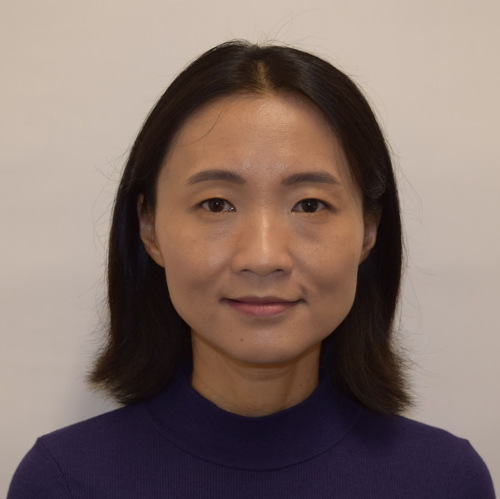
Dr. Haiyan Huang
Assistant Professor
Management Information Systems, Coordinator of MIS Programs
Math & Technology, School of Business, Education, and Mathematics
Flagler College
Haiyan Huang received her Ph.D. in Information Sciences and Technology from the Pennsylvania State University. She also earned a M.S. in Ceramic Science and Engineering from New York State College and a B.S. in Materials Science and Engineering from Central South University in China. Before joining Flagler College, Dr. Huang has taught at Michigan Technological University, Purdue University Calumet, and the Pennsylvania State University. Her primary research interests include Web usability and user experiences, IT adoption, diversity of IT workforce, global information systems development, and virtual collaborations. Dr. Huang has published more than 30 journal articles, book chapters, and conference papers. Her research was recognized by a journal publication award and a best conference paper award. Dr. Huang is also in charge of managing and coordinating the Management Information Systems (MIS) programs at Flagler College.
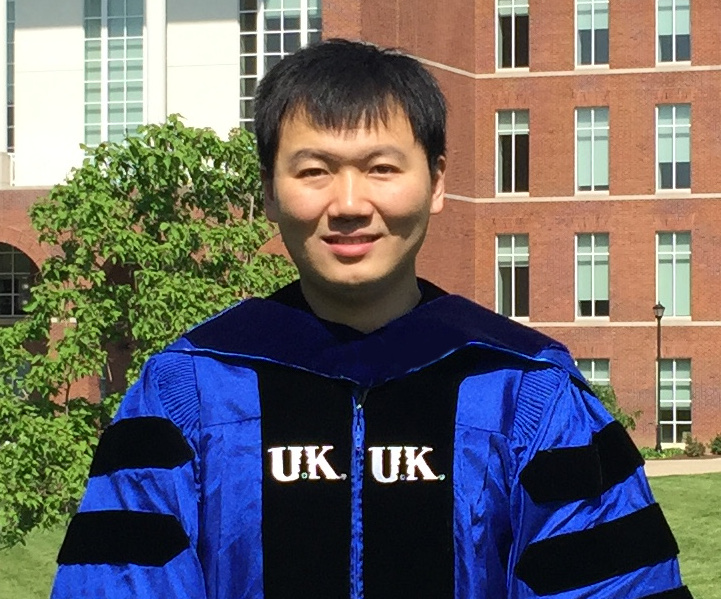
Dr. Xudong Liu
Assistant Professor
School of Computing
College of Computing, Engineering, and Construction Managementh
Dr. Xudong Liu is a tenure-track assistant professor in the School of Computing at the University of North Florida, and a visiting researcher at Xerox PARC. He earned his Ph.D. in Computer Science from University of Kentucky in 2016, and his B.Eng. in Software Engineering from Harbin Institute of Technology in 2010. Dr. Liu’s research mostly has been about solving both theoretical and practical problems on decision making, using tools and methods found in Artificial Intelligence, Computational Social Science, and Computational Complexity Theory. His research results have been published, or accepted for publication, in premier venues in Artificial intelligence such as the AAAI Conference on Artificial Intelligence, the International Joint Conference on Artificial Intelligence, and the Annals of Mathematics and Artificial Intelligence. Dr. Liu’s Erdős number is 3, and he is an AAAI member.
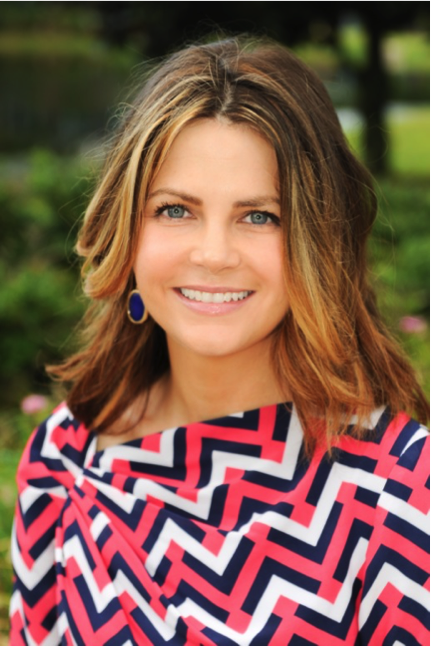
Dr. Julie Merten
Assistant Professor
Public Health Internship Director
Department of Public Health
Brooks College of Health
Julie Merten is an Assistant Professor in the Department of Public Health and directs the Public Health Internship. Her research involves behavioral cancer prevention, specifically in the areas of skin cancer (the most common cancer in the US) and tobacco control (the leading cause of preventable deaths in the US). She has evaluated the effectiveness of school-based sun safety education, analyzed how people utilize the Internet and social media for cancer information, surveyed children, adolescents and young adults on their skin cancer prevention behaviors, and assessed cancer prevention programs among special populations. She oversees the Our Campus, Our Health student health behavior survey at UNF, chairs the Northeast Florida Cancer Control Collaborative Sun Safety workgroup, and is involved with the strategic planning of the Florida State Cancer Plan. Currently, she is working on a funded project with Baptist Healthy Living Centers to pilot test a brief skin cancer risk assessment and referral intervention.
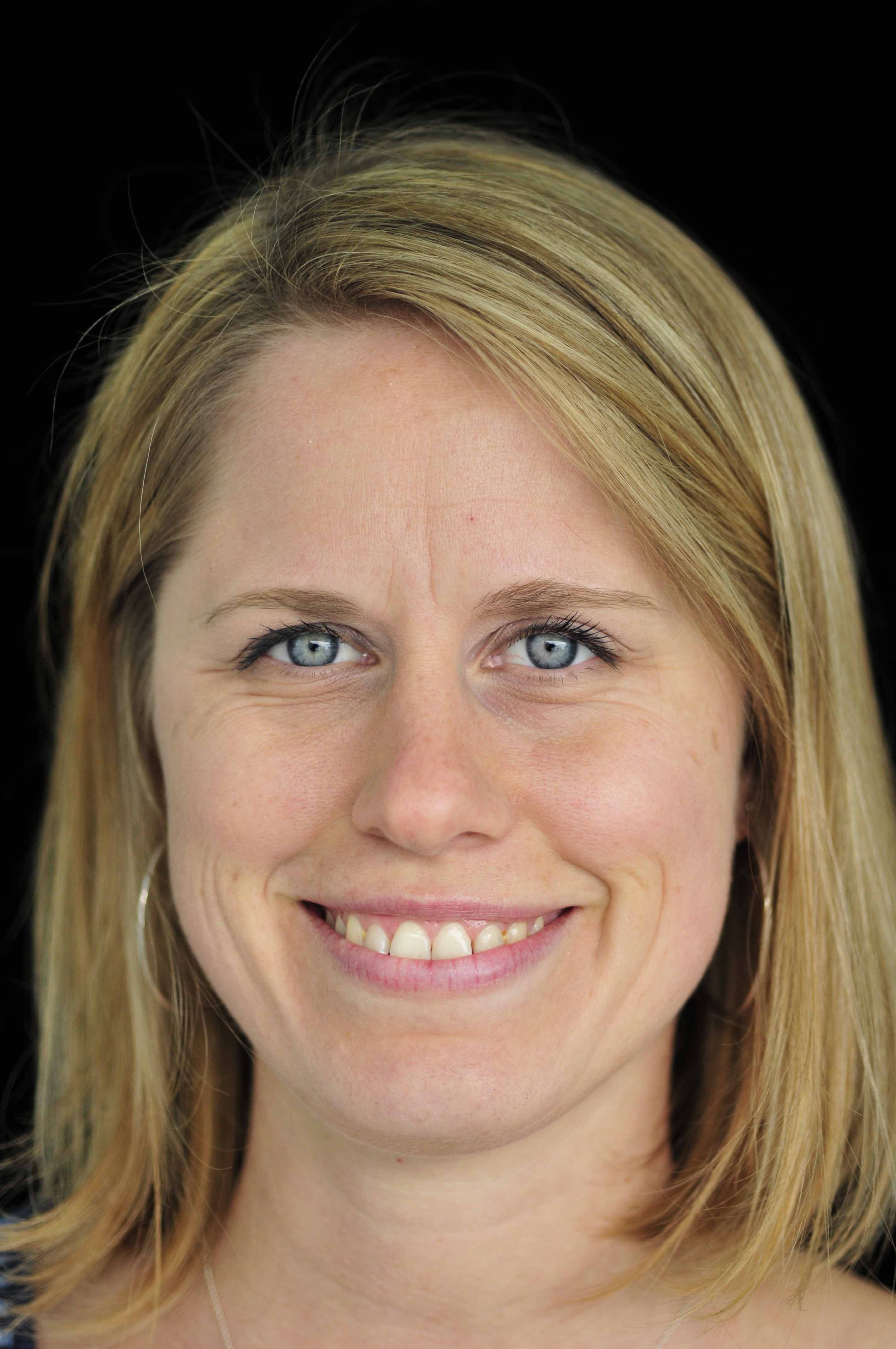
Dr. Jody Nicholson-Bell
Associate Professor
Department of Psychology
College of Arts & Sciences
Dr. Jody Nicholson-Bell gained training in community-based teaching and learning at the Center for Social Concerns at the University of Notre Dame, during her doctorate program. Dr. Nicholson-Bell’s community training and experience inform her teaching and research. Dr. Nicholson-Bell’s research on community-based learning ensures her pedagogical approach for developing coursework is most effective in helping students learn and change. Dr. Nicholson-Bell’s perspective as a developmental psychologist helps with recognizing the importance of transformational learning opportunities through the community-based format for University student growth, both in maturation and career achievement potential. Dr. Nicholson-Bell has expanded her research on the integration of CBTL into courses to a university-wide, interdisciplinary investigation of the impact of community-engaged assignments on UNF students.
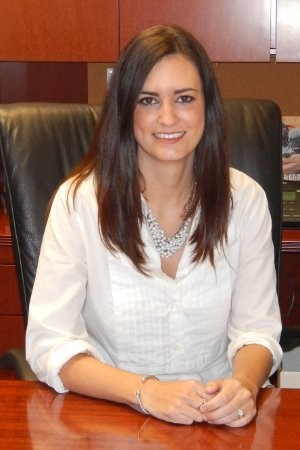
Dr. Amanda Pascale
Assistant Professor of Higher Education Administration
Department of Leadership, School Counseling & Sports Management
College of Education & Human Services
Dr. Amanda Blakewood Pascale is an Assistant Professor of Higher Education Administration within the College of Education and Human Services at the University of North Florida. Dr. Pascale holds a Ph.D. in Higher Education Administration as well as a graduate certificate in Quantitative Methods in Education from the University of Tennessee. Her research examines cultures conducive to success in higher education milieus and the praxis of ideas that promote university community success particularly for those who are underrepresented or in transition. Dr. Pascale routinely teaches graduate level courses in quantitative and qualitative methods as well as assessment in higher education. She is an advocate of the use of data and assessment to inform decisions, practice, and policy in educational settings.
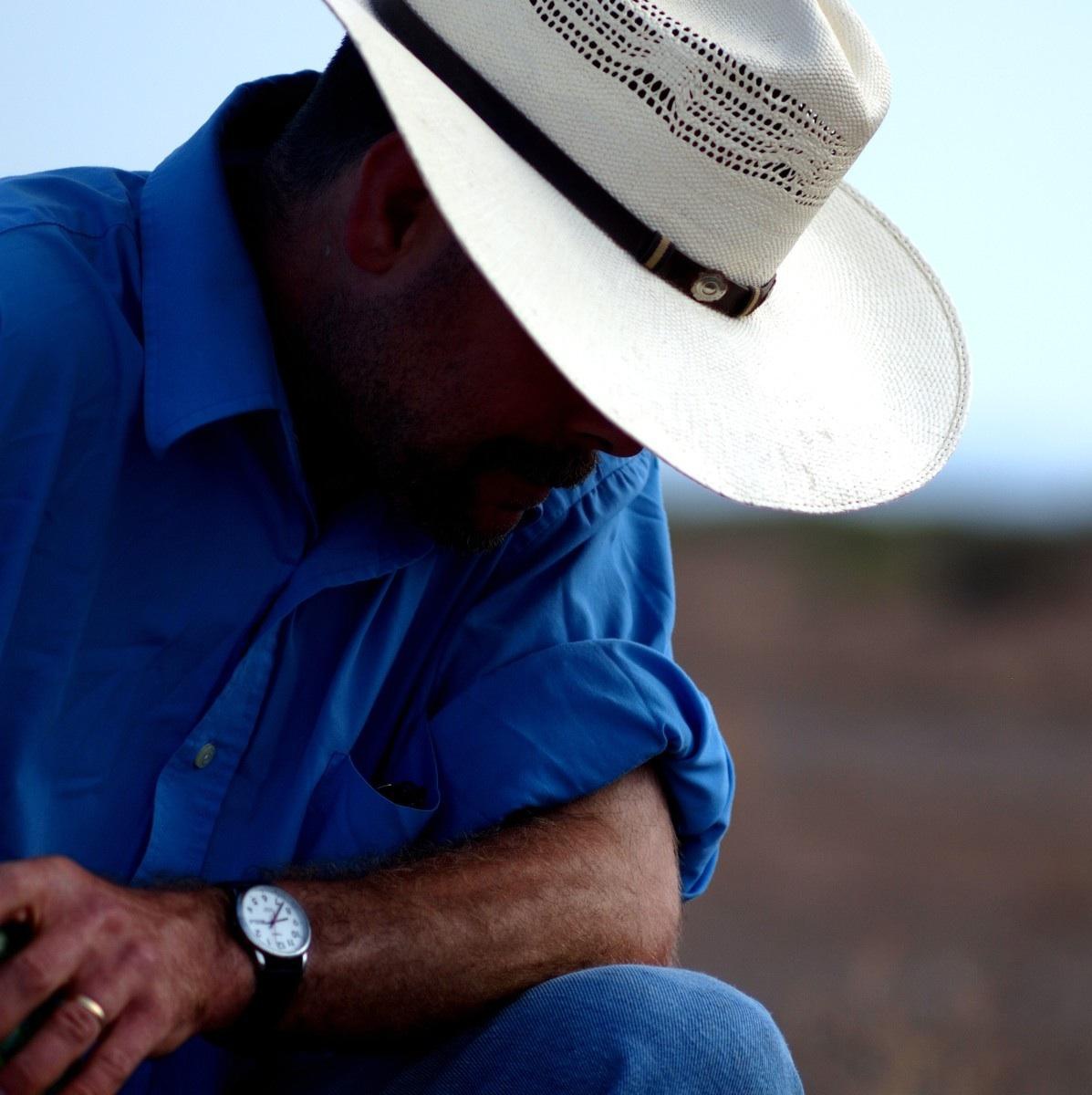
Dr. Gordon Rakita
Professor of Anthropology
Director of Academic Technology
Department of Sociology, Anthropology & Social Work
College of Arts and Sciences
Gordon F.M. Rakita is a bioarchaeologist and Professor of Anthropology in the Department of Sociology, Anthropology, & Social Work. He also serves as Director of Academic Technology at UNF. Prior to joining the faculty at UNF he was Principal Investigator and Analytical Director for SWCA Environmental Consultants of Flagstaff, Arizona. He is Associate Editor for the journal Bioarchaeology International. He earned his B.A. in Anthropology from University of North Carolina at Greensboro and his M.A. and Ph.D. in Anthropology from the University of New Mexico. In 2016 he was named the junior laureate of the Lloyd Cotsen Prize for Lifetime Achievement in World Archaeology. His areas of expertise include bioarchaeology, anthropological approaches to mortuary and other ritual behavior, analytical data management and statistical analyses, emergent social inequality and complexity, and evolutionary theory.
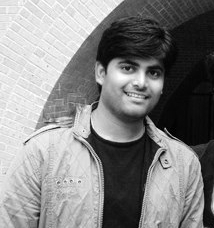
Dr. Sandeep Reddivari
Assistant Professor
School of Computing
College of Computing, Engineering, and Construction Management
Sandeep Reddivari is an Assistant Professor in the School of Computing at the University of North Florida. He received his Ph.D. in Computer Science and Engineering from the Mississippi State University. Dr. Reddivari's research interests include software engineering, visual analytics, information retrieval, data mining, text mining, healthcare data analytics, and visualization and virtual reality in healthcare. Dr. Reddivari’s expertise is in data pre-processing, clustering, summarization, visualization, and outlier detection.
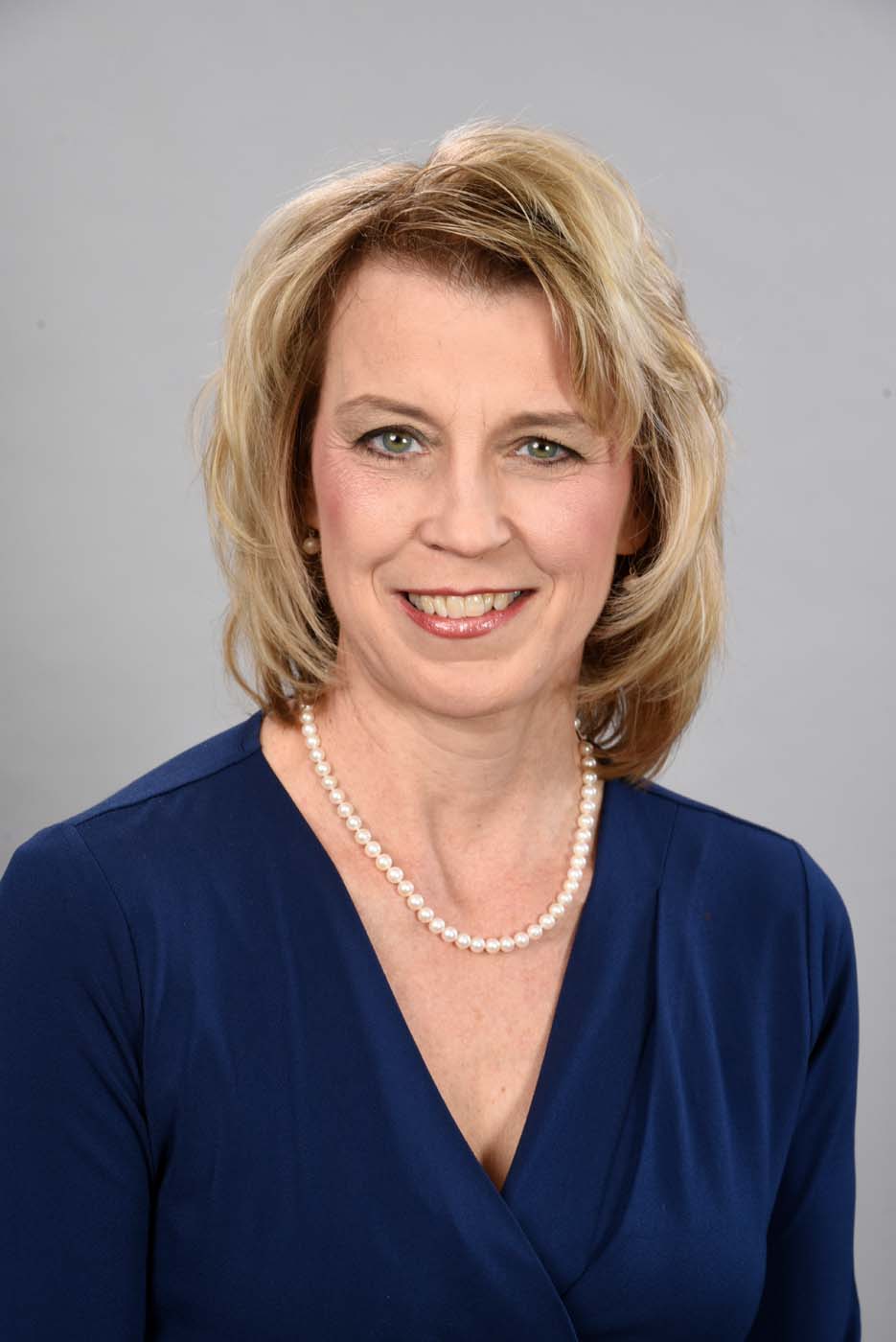
Dr. Lauri Wright
Assistant Professor and Chair
Director of Nutrition & Dietetics
Brooks College of Health
Lauri Wright is an assistant professor at the University of North Florida, co-director of the Doctorate in Clinical Nutrition, director of the Center for Nutrition and Food Insecurity, and Chair of the Department of Nutrition and Dietetics. Through her research and with the Center, she develops programs for food insecure individuals in the community, works globally with malnutrition, and directs nutrition programming for people with AIDS. Wright has developed a food recovering and meal distribution model that serves the food insecure (Food Fighters) and seniors (Meals on Wings) in the community. She formerly worked as a clinical dietitian for the Veterans Administration, providing medical nutrition therapy for veterans with chronic disease. Wright is past-president of the Florida Academy of Nutrition and Dietetics, member of the Academy’s Legislative and Public Policy Committee and is Speaker-Elect to the Academy’s House of Delegates. Wright earned an undergraduate degree in nutrition from Ohio State University, a master's degree from Case Western Reserve University and a doctorate from University of South Florida.
